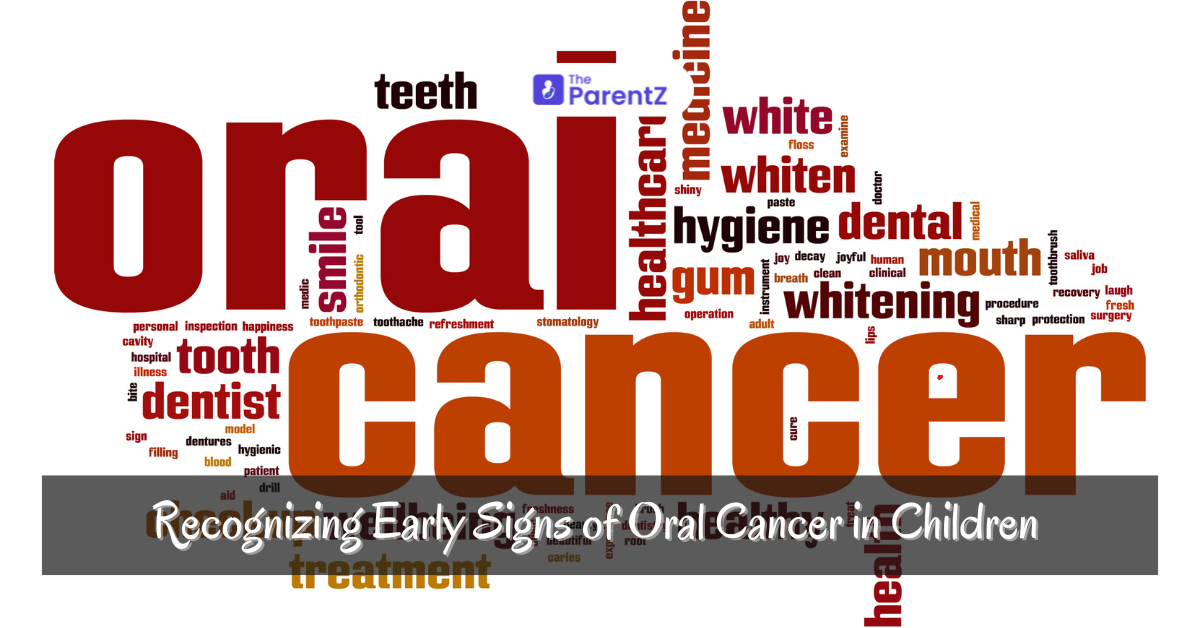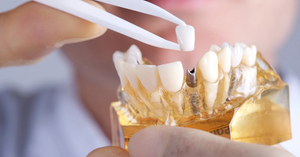Oral cancer in children is relatively rare compared to adults, but early detection is crucial for effective treatment and improved outcomes. Children are often less able to articulate discomfort or changes in their oral health, making it essential for parents, guardians, and healthcare professionals to be vigilant. Recognizing the early signs of oral cancer can be challenging but is vital for timely intervention. This article outlines key indicators to watch for and emphasizes the importance of regular dental check-ups and awareness.
Early Signs of Oral Cancer
1. Persistent Sores or Ulcers
- One of the earliest signs of oral cancer can be a sore or ulcer that does not heal within a few weeks. These sores may appear white or red and may cause discomfort or pain.
2. Unusual Growths or Lumps
- Look for any unusual growths or lumps inside the mouth, on the gums, or the lips. These growths might be hard or soft and can vary in color. Persistent lumps, especially if they increase in size, should be evaluated.
3. Changes in Oral Mucosa
- Changes in the color or texture of the oral mucosa, such as patches of white (leukoplakia) or red (erythroplakia), can be early signs of oral cancer. These patches may be flat or raised and might not be painful initially.
4. Difficulty Swallowing or Chewing
- Difficulty swallowing, chewing, or moving the tongue could indicate a problem in the oral cavity. If these issues persist and are accompanied by pain, it could be a sign of an underlying condition, including cancer.
5. Unexplained Bleeding
- Unexplained bleeding from the mouth, gums, or throat, particularly if it occurs regularly or without a clear cause, should be assessed by a healthcare professional.
6. Persistent Bad Breath
- While bad breath can be caused by various factors, persistent halitosis that does not improve with good oral hygiene could be a sign of a serious issue, including oral cancer.
7. Ear Pain
- Although less common, persistent ear pain that is not related to an ear infection or other common issues might be a sign of oral cancer. The pain can sometimes radiate from the affected area in the mouth or throat.
8. Loose Teeth or Gum Issues
- Unexplained loosening of teeth or changes in the gums, such as swelling, redness, or bleeding, can be a sign of oral cancer, particularly if these symptoms are not related to common dental problems.
9. Changes in Speech
- Any noticeable changes in speech, such as slurred or unclear articulation, could indicate a problem in the oral cavity or throat. This should be evaluated, especially if accompanied by other symptoms.
10. Family History and Genetic Predispositions
- Although rare, a family history of cancer or genetic predispositions might increase a child's risk. If there is a known family history, it’s important to be extra vigilant for any signs of oral cancer and to inform your child’s healthcare provider.
Conclusion
While oral cancer is rare in children, being proactive about oral health and recognizing the early signs can make a significant difference in outcomes. Regular dental check-ups are crucial for monitoring oral health and identifying any issues early on. Parents and guardians should stay informed about potential symptoms and consult with healthcare professionals if any concerning signs arise. Early detection and intervention are key to managing and treating oral cancer effectively, ensuring better health and well-being for affected children.








Be the first one to comment on this story.